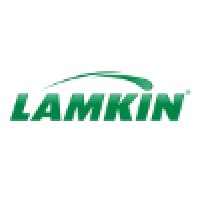
Lamkin Corporation
Lamkin Corporation, a privately-owned company headquartered in San Diego, is the original manufacturer of premium golf club grips. The company was established in 1925 and initially provided top golf club maker's with leather grips. Over the last 90 years, Lamkin has evolved into the world's leading producer of high-performance golf grips. The most esteemed brands in golf trust Lamkin grips on their premium clubs, along with top Tour players, thousands of PGA professionals and millions of worldwide golfers. Lamkin Grips is dedicated to connecting golfers to a more confident, consistent and enjoyable game.






